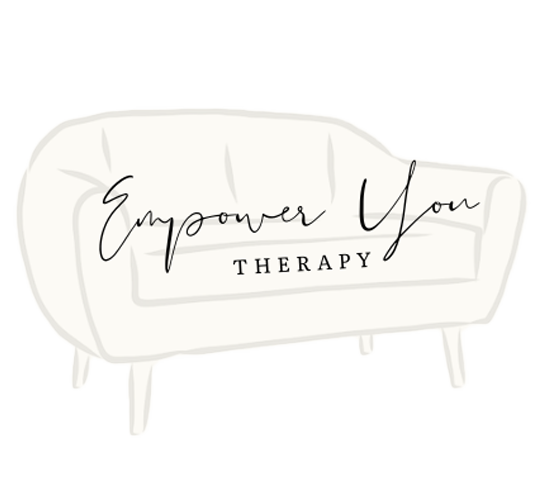Written By: Nelson Lee
Whether you’re working on your mental health with something like anxiety, OCD, or depression, or just in a stressful time of life—like election season—uncertainty is all around us. Regardless of the situation or mental state we find ourselves in, we are always engaging in a relationship with uncertainty, and that relationship can have a massive impact on our own wellbeing.
Uncertainty is the water we swim in. Luckily, we all can learn how to swim!
Let’s look at some tips to working with and processing uncertainty.
Acceptance
The raw truth is that uncertainty truly is all around us—it really is the water we swim in. The problem with swimming in water for an entire lifetime, is that sometimes we forget about the water… That is, until something happens that reminds us of it.
In the case of uncertainty, that could be any experience that brings the unpredictability of life to the forefront of our attention. Sometimes these are big experiences like losing a loved one or experiencing sudden illness, while other times they are smaller experiences like dropping an ice cream cone or even experiencing an uncertain or anxious thought. Navigating an election during polarizing political times is another.
When uncertainty inevitably rears its head in our lives, it might be tempting to try to control or avoid it. These efforts to control the uncertainty might look like excessively googling all the things about our particular uncertainty so we have a sense of “control,” actively trying to control and manipulate people and things in our environment, and mentally ruminating about the situation to give us a sense of reassurance that things will turn out how we hope. On the other hand, we might avoid the uncertainty by avoiding any potential triggers in our environment, refraining from seeing specific people, or numbing out with our phone, tv, or even substances.
The issue with behaviors like these is that while they may alleviate some discomfort in the short term, they tend to feed the fear of uncertainty in the long run. Instead of engaging in these behaviors, we’ll want to practice acceptance. This means accepting that the uncertainty exists and embracing the emotional discomfort that comes with it. Doing this over time teaches our brain and nervous system that uncertainty is ok and that we can survive—and even thrive—in times of uncertainty.
From there, we’ll want to focus on where we’re directing our attention.
Be Intentional with your Attention
The unfortunate truth about uncertainty, is that it involves things we inherently can’t change. Where we run into trouble is when we give into the temptation to giving these things all our attention. Doing so naturally increases our feelings of anxiety and even feeling like we’re out of control—anxiety is a natural result of trying to control the uncontrollable.
Instead, we’re much better off putting our focus on the things we can change. Focusing on the work we do, the relationships we’re building, the hobbies we engage in, and so much more is where our attention is often best used. Directing our attention in this intentional way often results in us feeling more secure in ourselves, even when uncertainty is present.
When it comes to the election, if the election has you stressed, consider how much time and energy you’re giving to it. While it’s great to be informed and advocate for your beliefs, it might be helpful to consider what the healthy personal balance is for you individually in terms of your energy. Is spending your energy in the ways you are around the election serving you? Are there other areas of life that would help you feel more energized and at peace if you invested your energy there?
Be Kind to Yourself
An extension to being intentional with our time is being kind to ourselves. Self-compassion can go a long way when it comes to stressful times. When it comes to self-compassion, learning to let go a bit, prioritize what truly matters to us, and go at our own pace could be beneficial practices to adopt.
For this, I recommend taking time for self-care, which sometimes looks like a day off to do something you love, and other times it means getting yourself out of bed for that early morning exercise because you know it will be good for you.
Self-compassion can also look like directly engaging in loving kindness toward ourselves. This might look like finding and completing a loving kindness meditation online, going to a breathwork class and focusing on being loving toward yourself during the practice, or even attending therapy to learn how to use IFS/parts work (and other therapy modalities) to work through shame and self-worth struggles by giving yourself compassion in different emotional states.
These are practices you can learn to engage in on a daily basis and can help during all kinds of situations and circumstances—including election season!.
Therapist Draper
Therapist Draper. Counseling in Draper Utah, Counseling Draper







